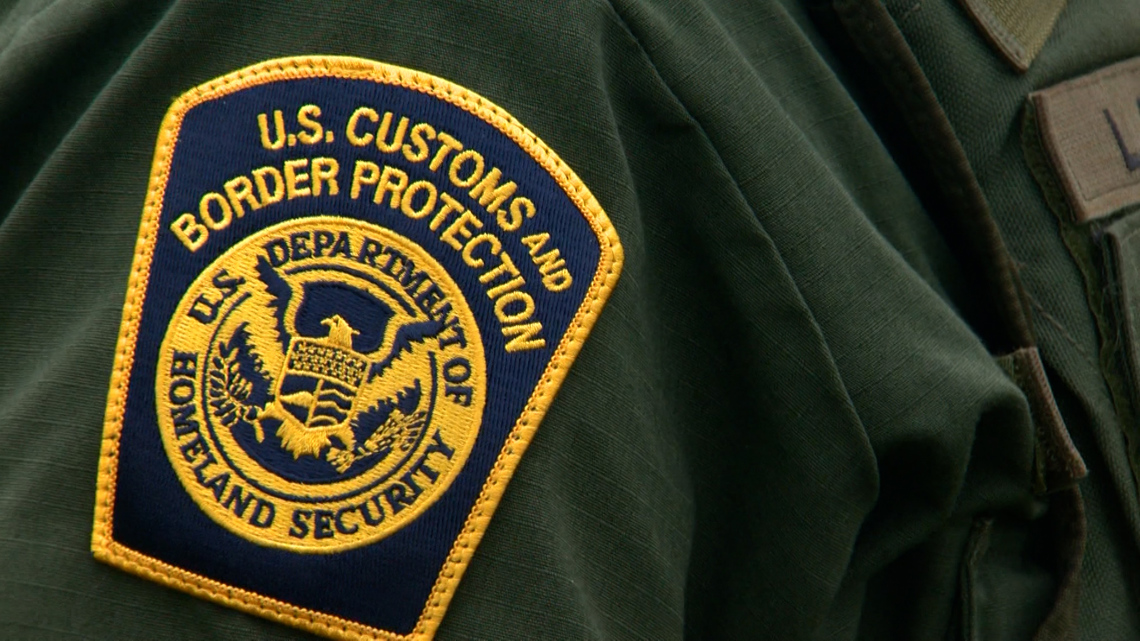
Scammers are seizing the opportunity to prey on the most vulnerable. In many cases, they know exactly who they’re calling.
SAN ANTONIO — A sophisticated scheme is targeting more people by the minute —especially those who may be at risk of deportation.
The alert sent by U.S. Customs and Border Protection on Inauguration Day describes an uptick in calls from fake federal agents.
But as of this week, more calls are reaching San Antonio residents. In addition, the details provided by the imposters are getting more personal than ever.
“Now, in this kind of spear phishing attempt, they’re really going directly at people who may be in a situation where they’re facing deportation or they might have a legitimate case and are working through the system,” said Jason Meza, Senior Director of Media Relations & Community Engagement for the Better Business Bureau.
This time, Meza says imposters are using real badge numbers and names of federal agents to make these calls more convincing.
Two days ago, a viewer sent us a screenshot of the caller who posed as a U.S. Customs and Border Protection Agent. It shows a number with a local area code.
“It looks like it’s coming from a CBP office,” Meza explained. “In actuality, it’s been fabricated.”
The scam is not new. We’ve seen many variations of it.
But in 2025, not only are these calls on the rise, callers are giving more realistic information about you.
“They know who you are. They might know addresses, they might know account information,” said Meza. “It’s scary how good its getting.”
This time around, imposters are using the power of Artificial Intelligence (AI) against us.
“They’re using the power of impersonated voices. Many times they’re just trying to catch us off guard,” Meza explained. “They’re capitalizing on that 1 out of 10 chance that that person will pick up the phone, will offer information, will offer a payment or bounty of sort.”
In these calls, you’ll hear what sounds like a pre-recorded message.
“…Saying a box of drugs and money being shipped has your name on it and is being intercepted. Callers are then instructed to press 1 to speak with an officer who then attempts to obtain the caller’s banking information,” said a CBP officer in a video PSA posted to Facebook in 2021.
The recording is also reported saying if you don’t follow the prompts, you’ll face arrest or deportation.
“They are obviously preying on our worst fears,” said Meza. “With what’s going on in the news, they’re capitalizing on that very fear of deportation, arrests or coming to our jobs and workplaces.”
The Department of Homeland Security and CBP never solicits money over the phone. They’ll never request Bitcoin or gift cards, either.
If you get this call, hang up. Federal officials urge you to write down the number and report it to police and the Federal Trade Commission. You can also call the Better Business Bureau to share your experience in their BBB Scam Tracker. Doing so will help authorities with future apprehensions.
Lastly, experts say if you get this scam call and you’re worried it could be true, hang up and call CBP directly.
